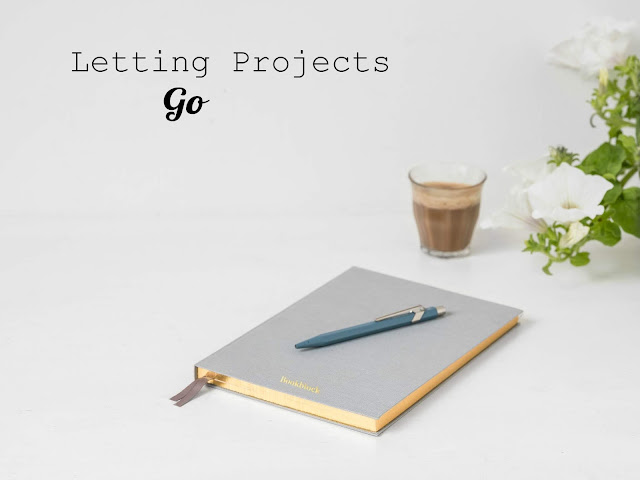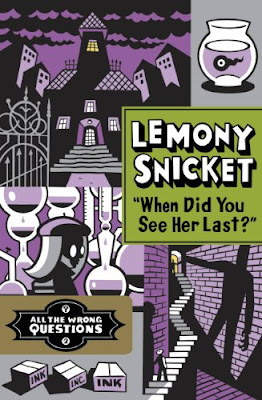Something New Coming

H ello all my faithful, little dragons! (That was weird...anyhow...) 2019 is just around the corner, and I've decided to be cheesy, fit the new year mood, and discuss something I've been thinking of lately. Basically, expanding this forum. Photo by PANDA COM on Unsplash Although this blog has only existed since February (or was it August? Big time gap, I know...) I think Hollingsworth has become a little...erm, stagnant for me. A few reasons why: For one, I haven't written anything myself for nearly a year. I had a story I'd been working on for years. I probably overworked it; it felt bony and raw and I set it aside with every intention of coming back to it. Well...we all know how that went down. It's basically dead now, and I can't see myself coming back to it unless I revamp everything (which I do have some small, fugitive hopes of doing). Secondly, but no less important, I don't want to only be a source of advice. I do lo







